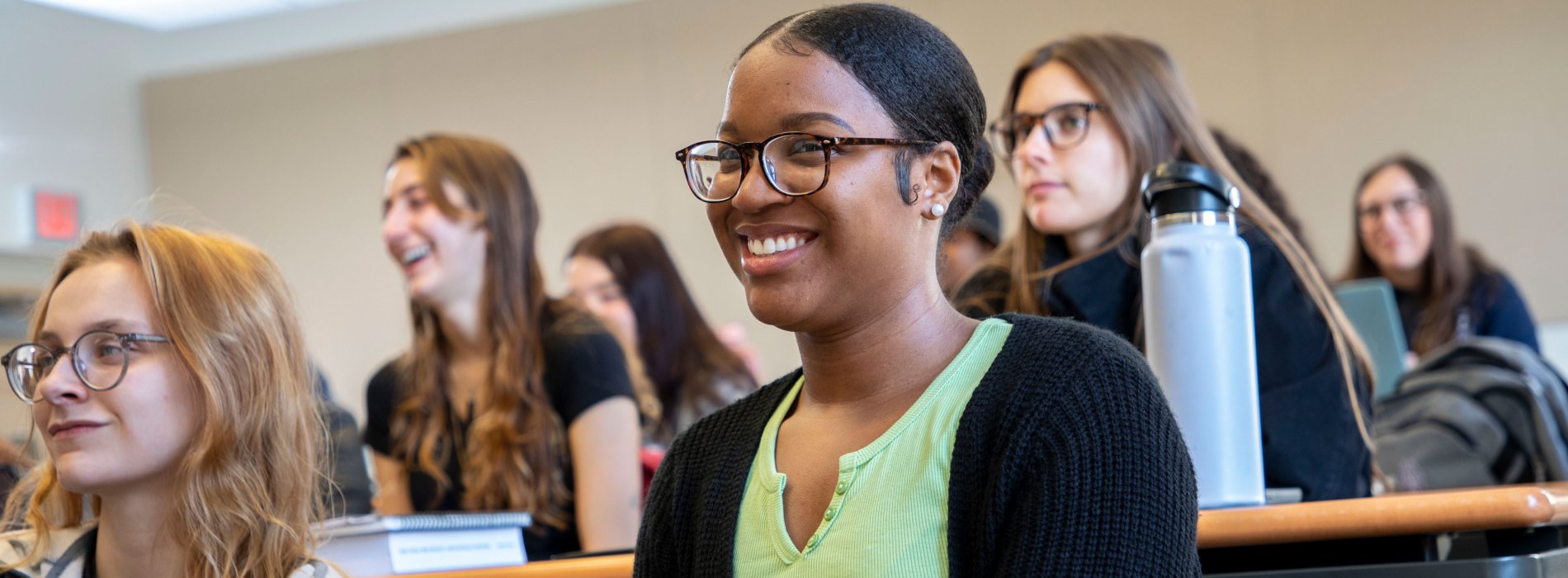What is the Writing & Critical Inquiry Program?
We are a diverse community of instructors and scholars who offer UAlbany’s undergraduate students a rigorous introduction to the work of writing and thinking in college.
Our faculty members are experts in helping students become effective, lifelong learners by connecting writing practices to the process of critical thinking.
The Writing & Critical Inquiry (WCI) seminar is a dynamic learning environment where students benefit from small classes and one-on-one interactions with their instructor.
The WCI seminar is a required course for all incoming first-year (freshmen) and transfer students, fulfilling UAlbany’s General Education requirement for writing and critical inquiry.
WCI News






